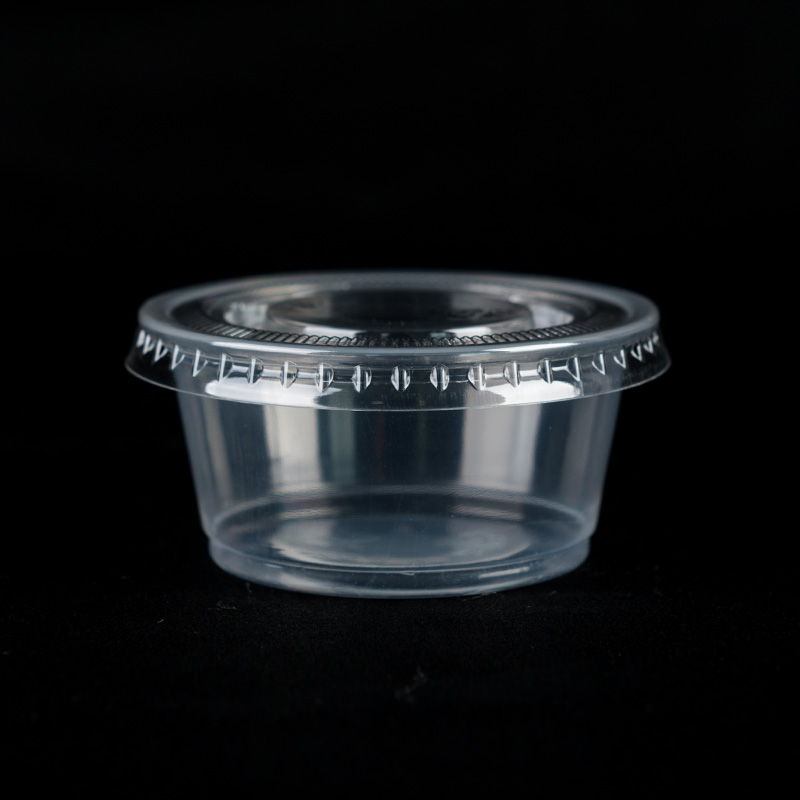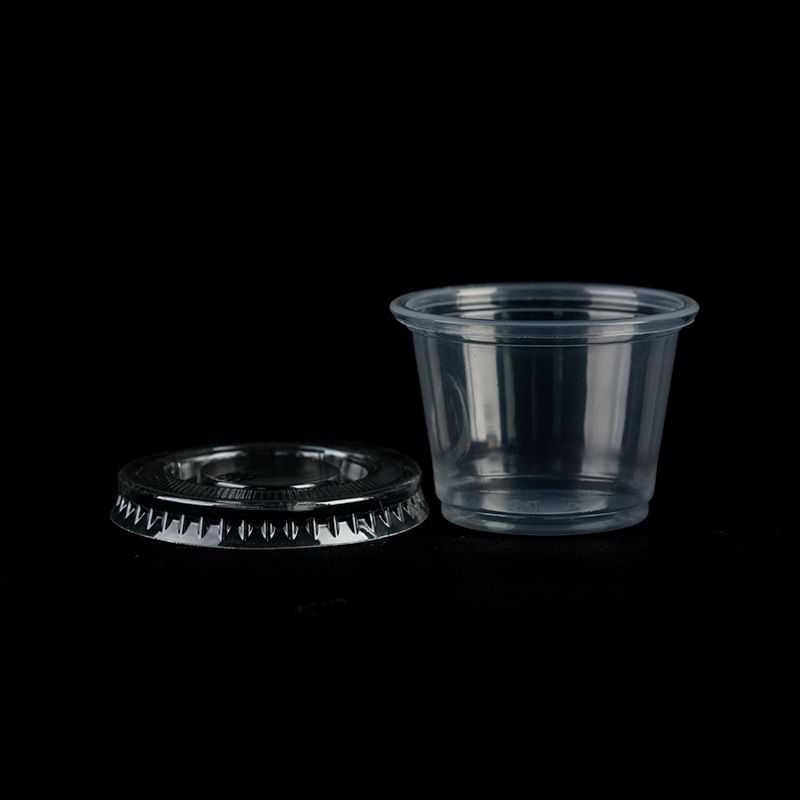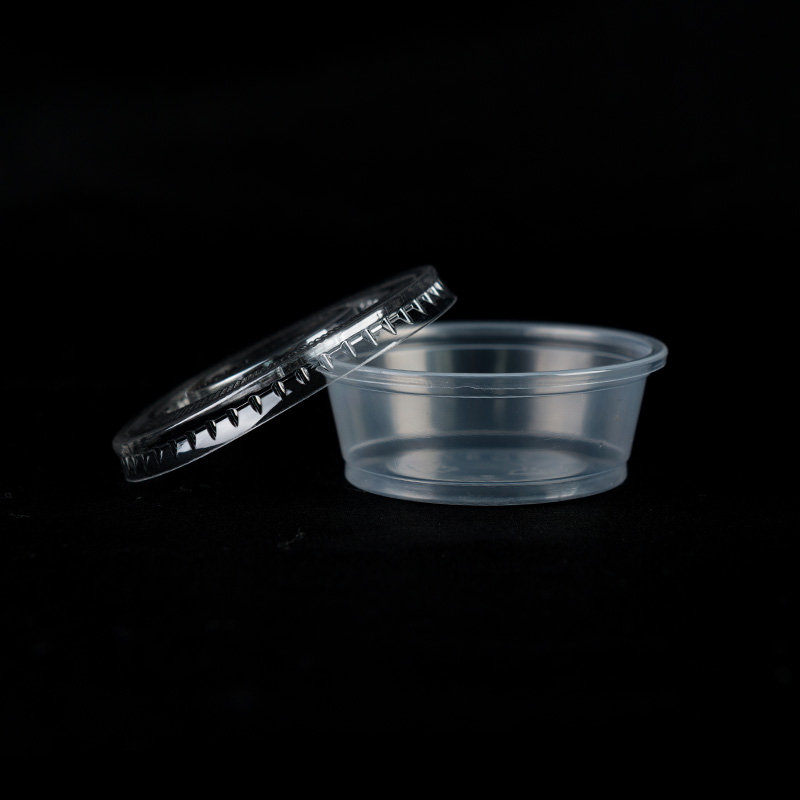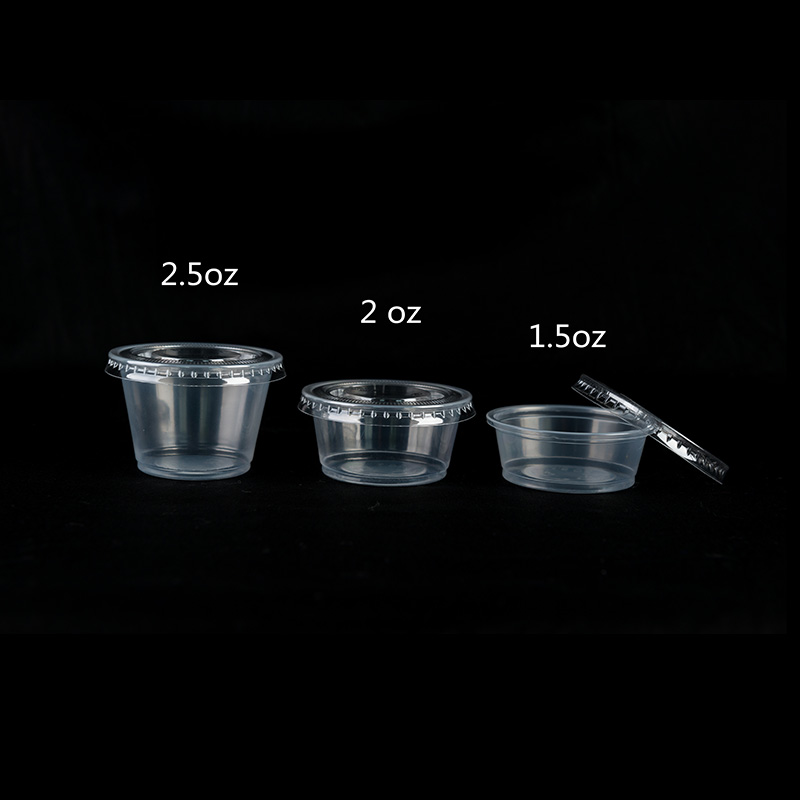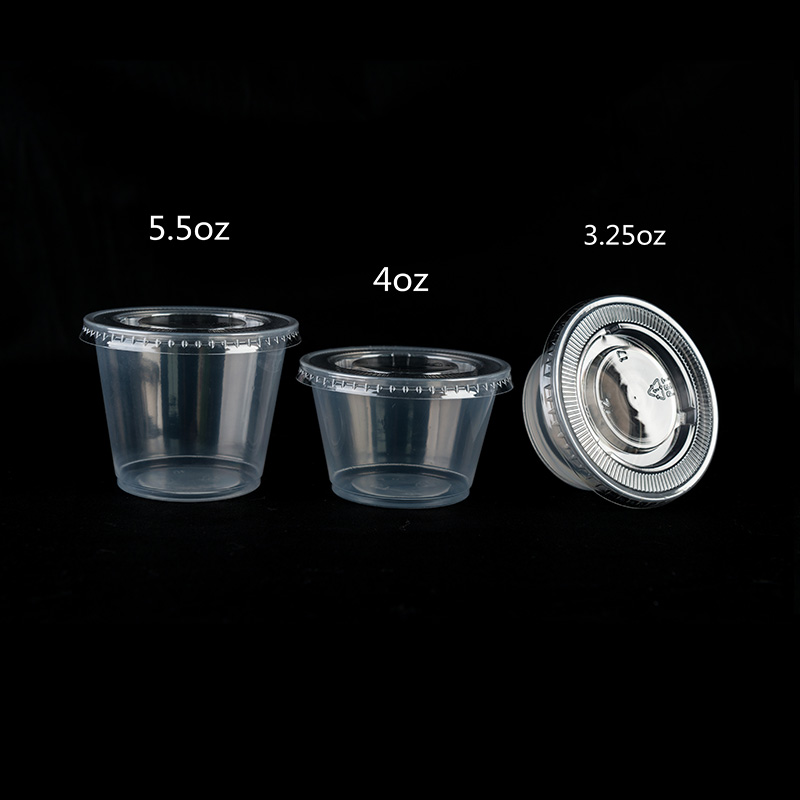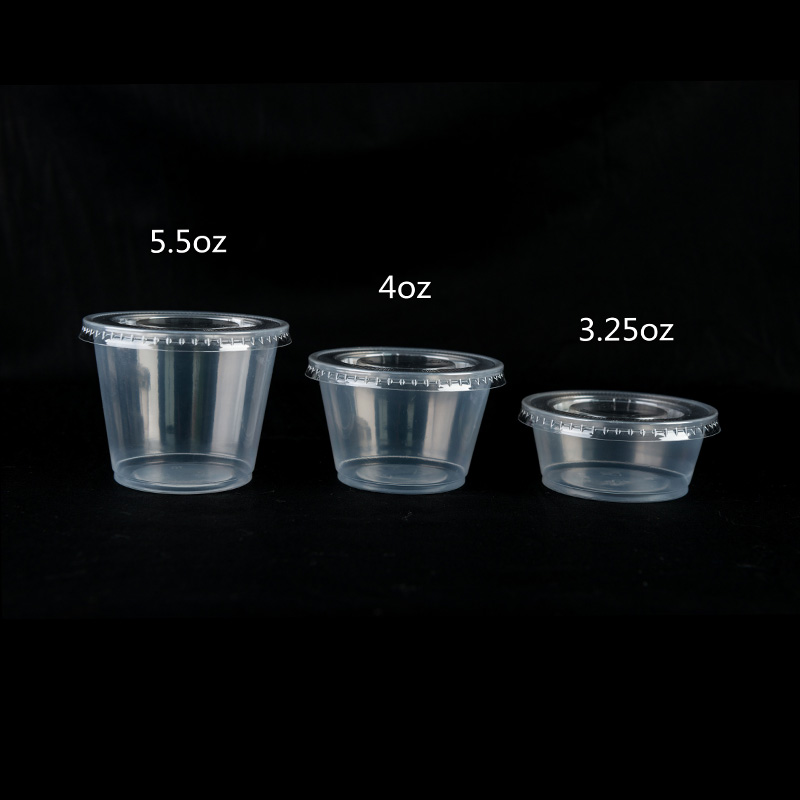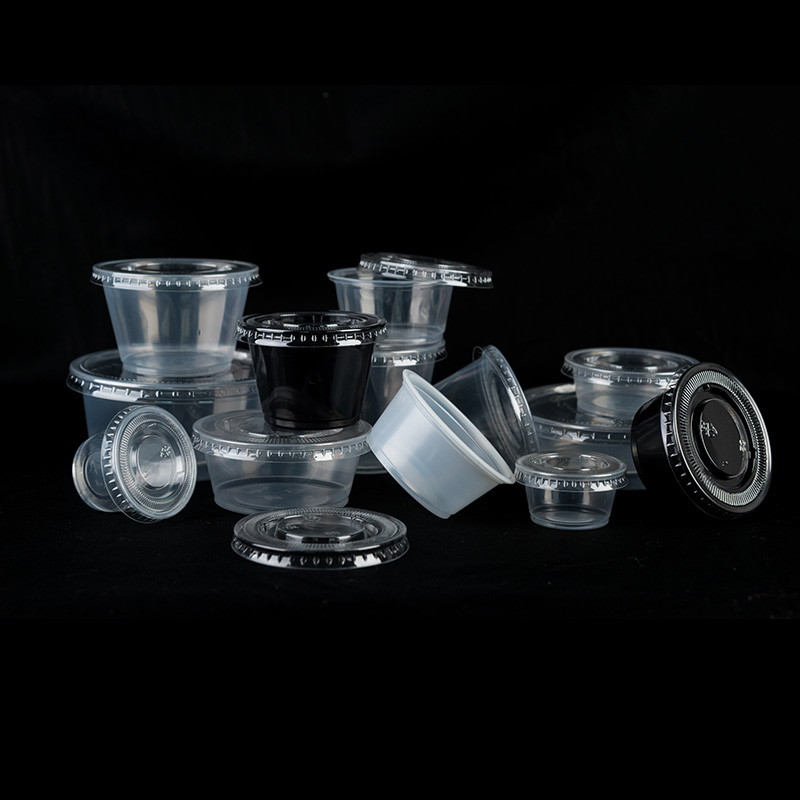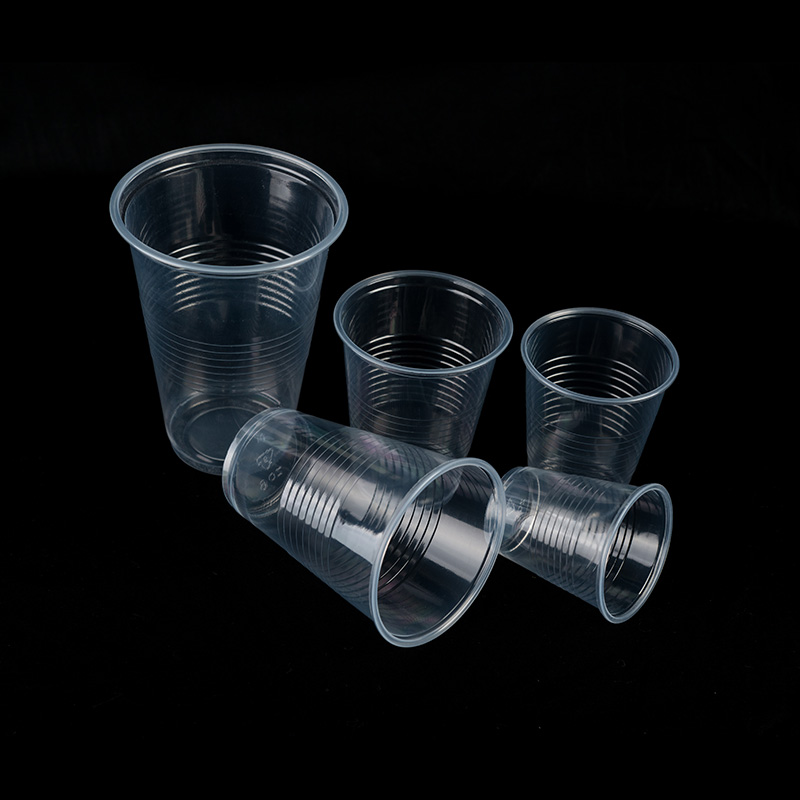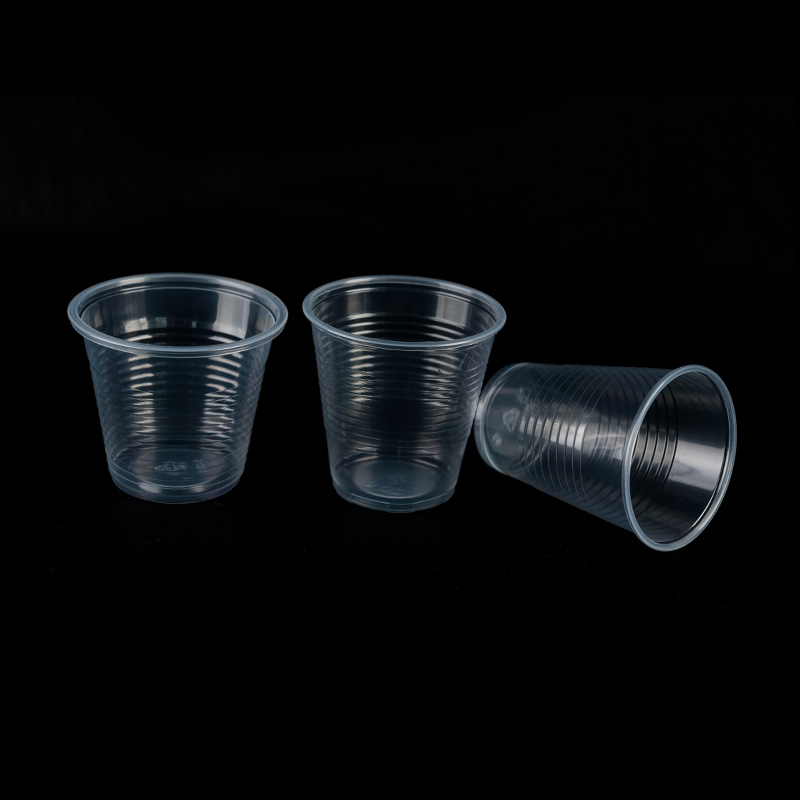Round plastic containers are widely used for storing food, household items, and industrial products due to their practicality, durability, and versatility. Available in a variety of sizes, materials, and designs, these containers offer an efficient and convenient way to organize, transport, and preserve items. Their lightweight structure, ease of cleaning, and adaptability make them a popular choice for homes, offices, restaurants, and manufacturing facilities.
Materials and Construction
Round plastic containers are typically made from materials such as polypropylene (PP), polyethylene (PE), or polyethylene terephthalate (PET). These materials are chosen for their durability, resistance to impact, and ability to maintain the integrity of stored contents. Some containers are designed to be food-safe, ensuring that they do not react with the contents or affect flavor and quality. Clear plastic options allow easy visibility of contents, while colored variants can help with categorization and organization.
The construction of round plastic containers often includes features such as airtight or snap-on lids, which help to prevent spills and maintain freshness. Some designs include stackable bases, making them efficient for storage and transport. Reusable and lightweight, these containers provide a sustainable option compared to single-use packaging while remaining cost-effective.
Applications in Everyday Life
In households, round plastic containers are commonly used for food storage, meal prep, and leftovers. They can safely store liquids, dry goods, or perishable items in refrigerators and freezers. Their portability makes them convenient for carrying lunches, snacks, or ingredients while maintaining hygiene and organization. Some containers are also microwave-safe, providing added convenience for reheating meals.
In professional settings, round plastic containers are used in restaurants, catering services, and bakeries. They are suitable for packaging sauces, desserts, or small portions of prepared meals. Their uniform shape and stackable design simplify storage in kitchen shelves or commercial refrigerators. The durability of plastic ensures that the containers withstand repeated use, transport, and cleaning without significant wear.
Industrial and commercial applications include storage of small components, chemicals, or materials. Round plastic containers are often used for packaging powders, granules, or other products that require secure and leak-proof storage. Their lightweight design and resistance to breakage make them ideal for shipping and handling, reducing the risk of damage during transit.
Maintenance and Sustainability
Maintaining round plastic containers is straightforward. more containers can be washed with warm water and mild detergent, and many are dishwasher-safe. Proper cleaning prevents contamination and extends the lifespan of the containers. Choosing reusable plastic containers also supports sustainability efforts by reducing reliance on disposable packaging. Users can select recyclable materials or containers designed for multiple cycles of use to small environmental impact.
Advantages and Benefits
Round plastic containers offer multiple benefits, including convenience, durability, and versatility. They help maintain organization in homes, kitchens, and industrial settings, while their stackable and space-saving designs improve storage efficiency. Their ability to safely store a wide range of materials, including food, liquids, and small components, makes them essential for everyday use. Clear or colored designs provide visual convenience and ease of categorization, enhancing overall usability.
Round plastic containers are practical, durable, and adaptable storage solutions suitable for a variety of applications. From home kitchens to professional food services and industrial storage, they offer efficient organization, protection of contents, and easy transport. By selecting the appropriate size, material, and lid design, users can big the benefits of round plastic containers while supporting convenience, hygiene, and sustainability.




 English
English عربى
عربى
